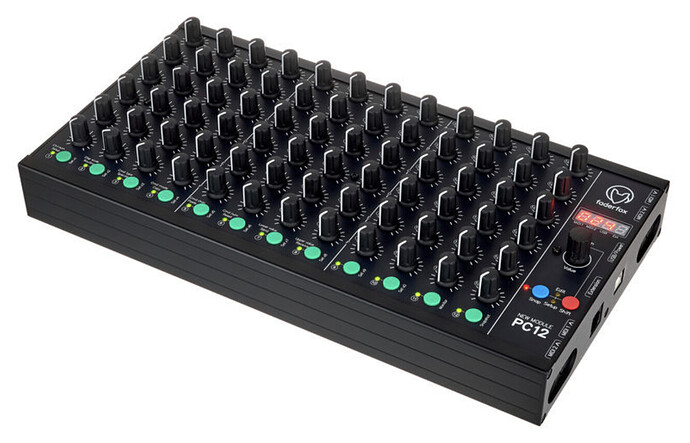Hi All and happy new year!
I got into modular during the summer, and only later got to know VCV, and the work of artists such as Omri Cohen showing how deep that is. With VCV becoming more reliable - and possibly being even better than it is already with the upcoming mayor release - a few months and thousands Euros later the question was inevitable to me: do I still need the real thing?
The release of most of Instruo’s product line in VCV - one of my favourites - was the last nail in the coffin. Now, every time I sit at my rack - or, worse, I think of buying a new module - I can’t but wonder: shouldn’t I rather just sell everything and focus on VCV? A second hand Cš-L was actually my last purchase in the real world, 400 vs zero EUR.
Now, I love the module manufactures and I want more of them and new creativity and competition. I’ve purchased many of the non-free VCV modules as a way to support them. But the question stands.
Note that I’m not a professional musician, and I don’t need to perform outside my studio. Please give me a reason we still need the real thing, beyond the satisfaction of patching and tweaking something physical. Thanks!
G.

 The experience of using hardware really is very different to using software. Mapping midi controllers simply does not produce the same experience, and is not practical when building a patch. It depends, then, if you want that experience of working with knobs and cables, an experience that is far more ephemeral, for better or worse. Fortunately, we now get to use both together.
That said, when working with VCV and other virtual modulars, I have been using this for a couple of months now, which works quite well while building patches:
The experience of using hardware really is very different to using software. Mapping midi controllers simply does not produce the same experience, and is not practical when building a patch. It depends, then, if you want that experience of working with knobs and cables, an experience that is far more ephemeral, for better or worse. Fortunately, we now get to use both together.
That said, when working with VCV and other virtual modulars, I have been using this for a couple of months now, which works quite well while building patches: 
